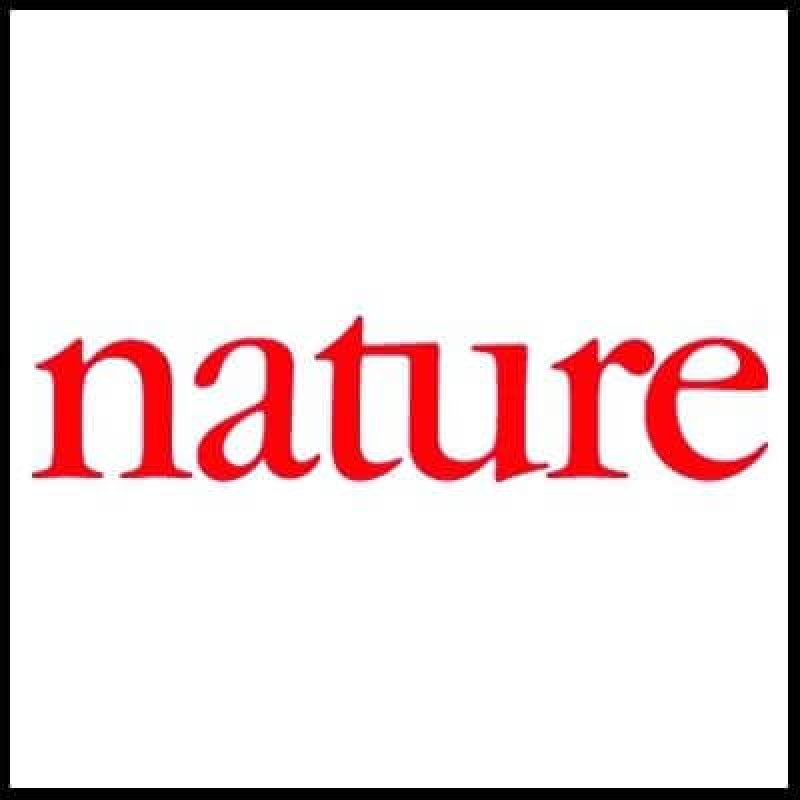On Dutch Demography Day in November, the French demographer Jean-Marie Robine stood behind the lectern in the Utrecht Academy Building. He had flown in from Montpellier for the introductory lecture of the day. It was on an important social topic: the increasing life span of humans.
…
But after about five minutes, he could not avoid talking about a recent article in Nature by three complete unknowns in the field. It was published on 5 October, under the title Evidence for a limit to human lifespan. Following a demographic analysis, three geneticists from New York concluded that people will never grow older than approximately 115.
…
Only during the Q&A did a PhD student say it out loud: “Frankly, this is the weakest paper I have read in a top journal.” Robine did not comment….
How could this article appear in one of the world’s leading scientific journals? It’s a question which is regularly asked in the academic world, but never answered.
According to Nature, the peer-review process is rigorous and independent, with the claims of each paper being weighed against the many others. But my conversations yielded a very different, disconcerting picture. The authors said their reviewers had a better grasp of the material than they did themselves. The reviewers knew that. They had criticisms, yet they did not scrutinise a large part of the analysis at all. And Nature let it slide….
The GLP aggregated and excerpted this blog/article to reflect the diversity of news, opinion, and analysis. Read full, original post: Peer review post-mortem: how a flawed aging study was published in Nature































